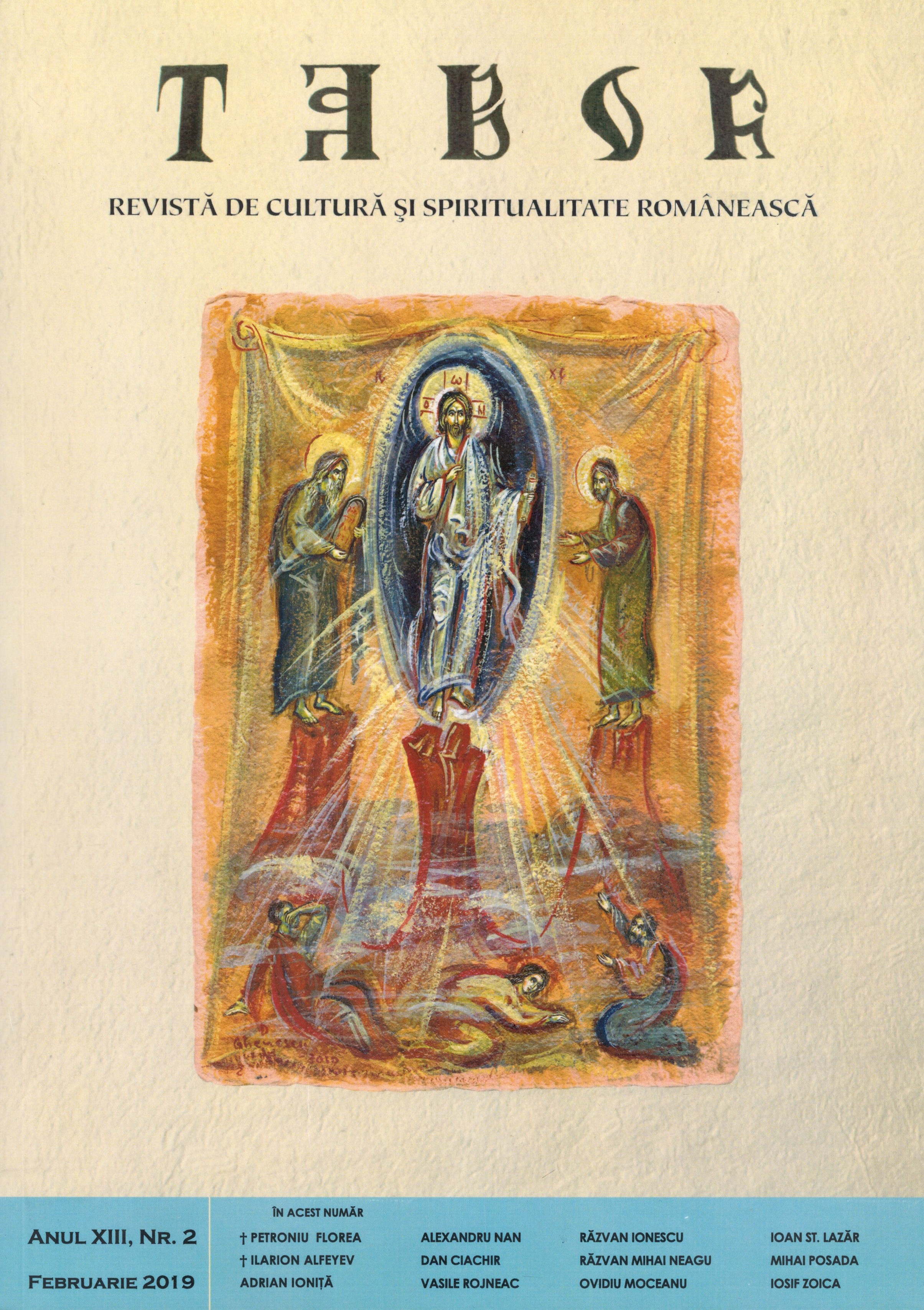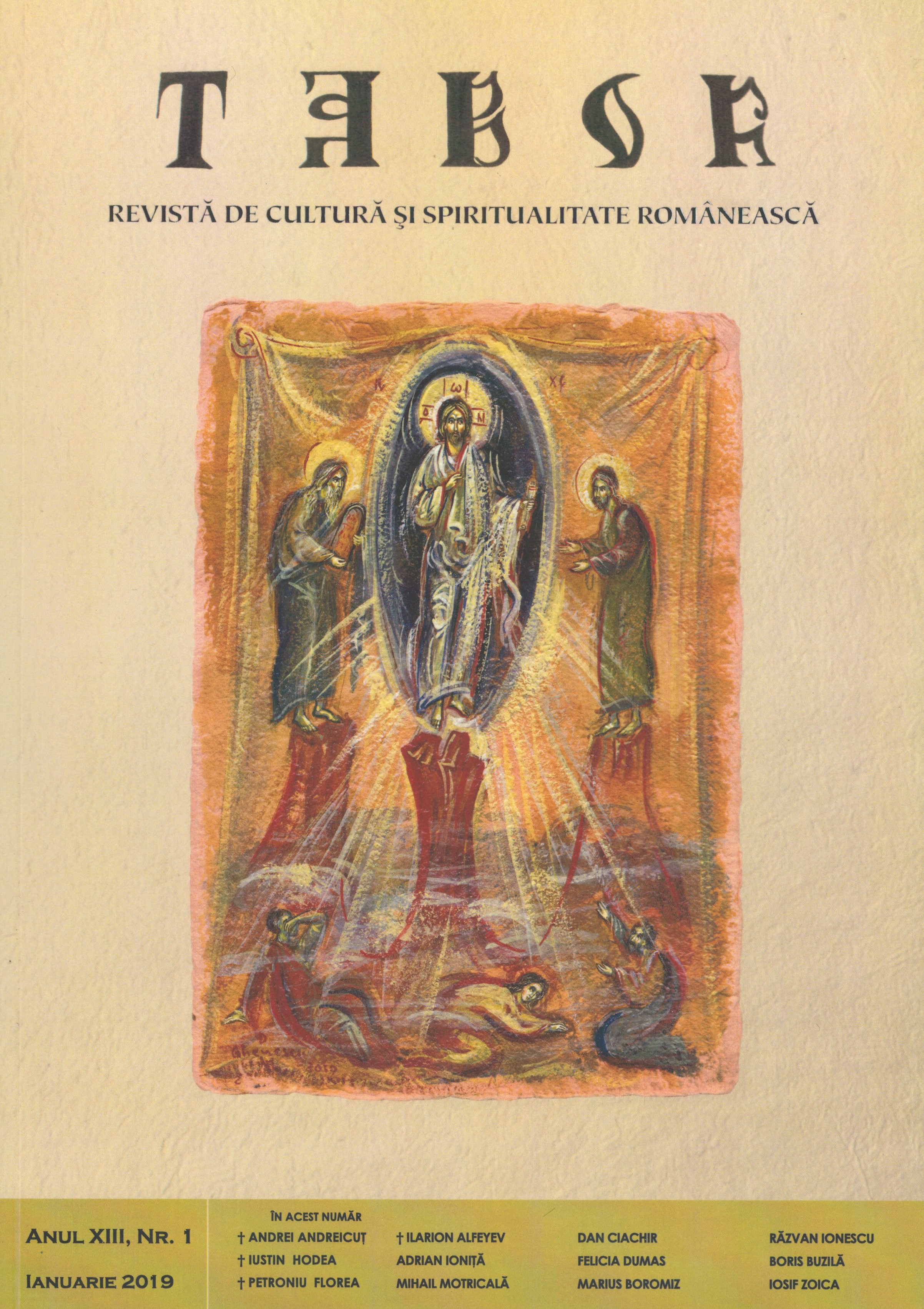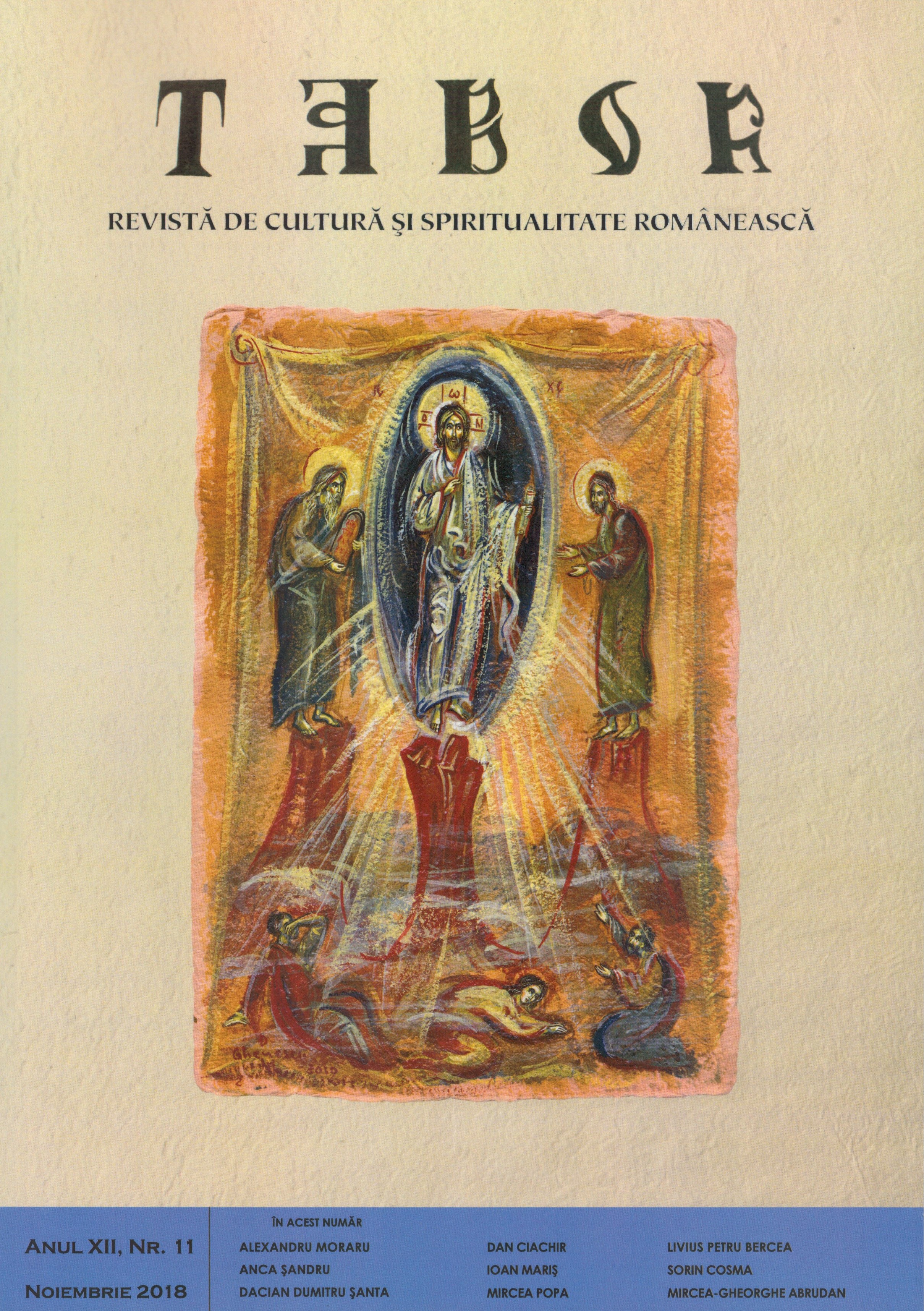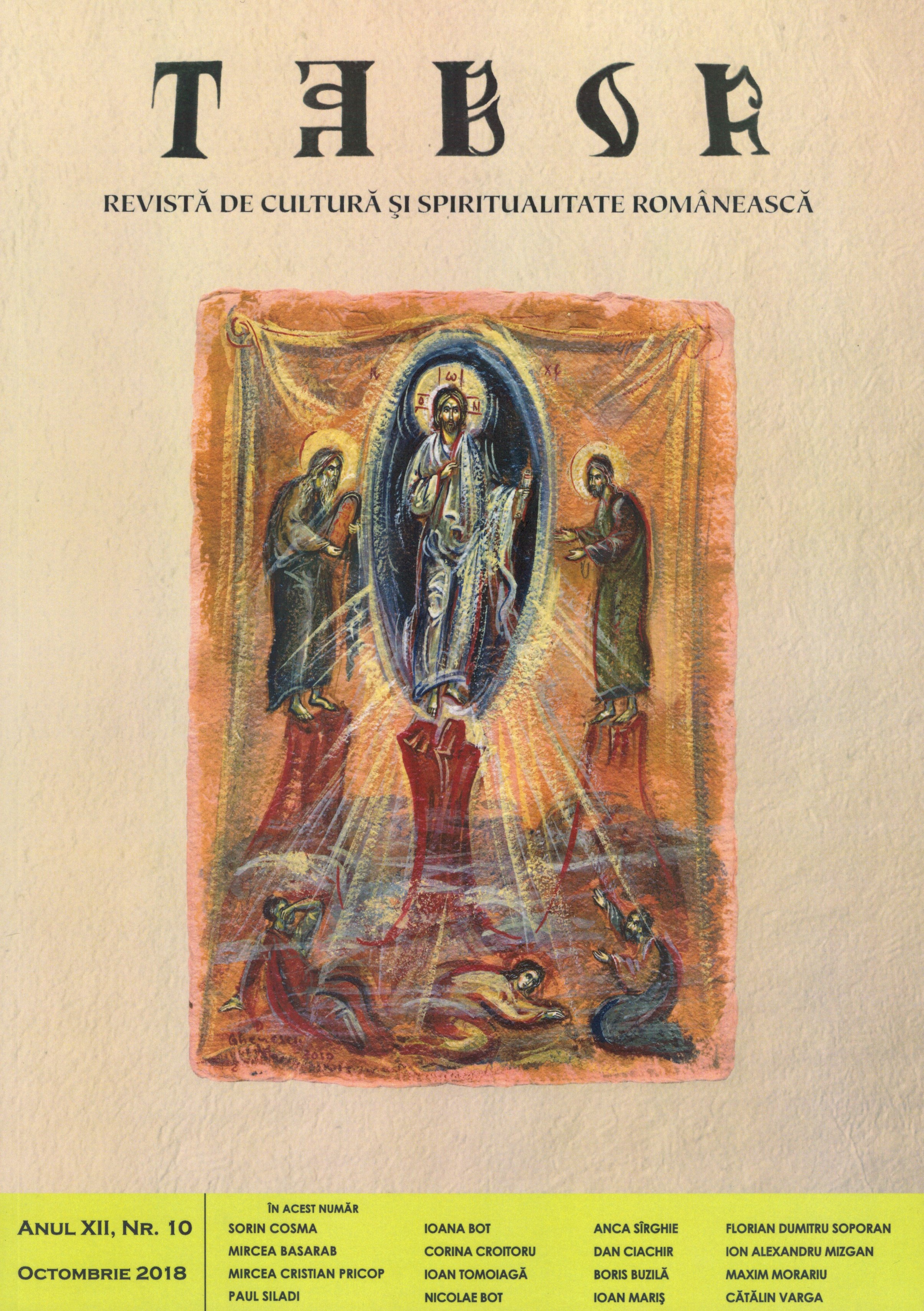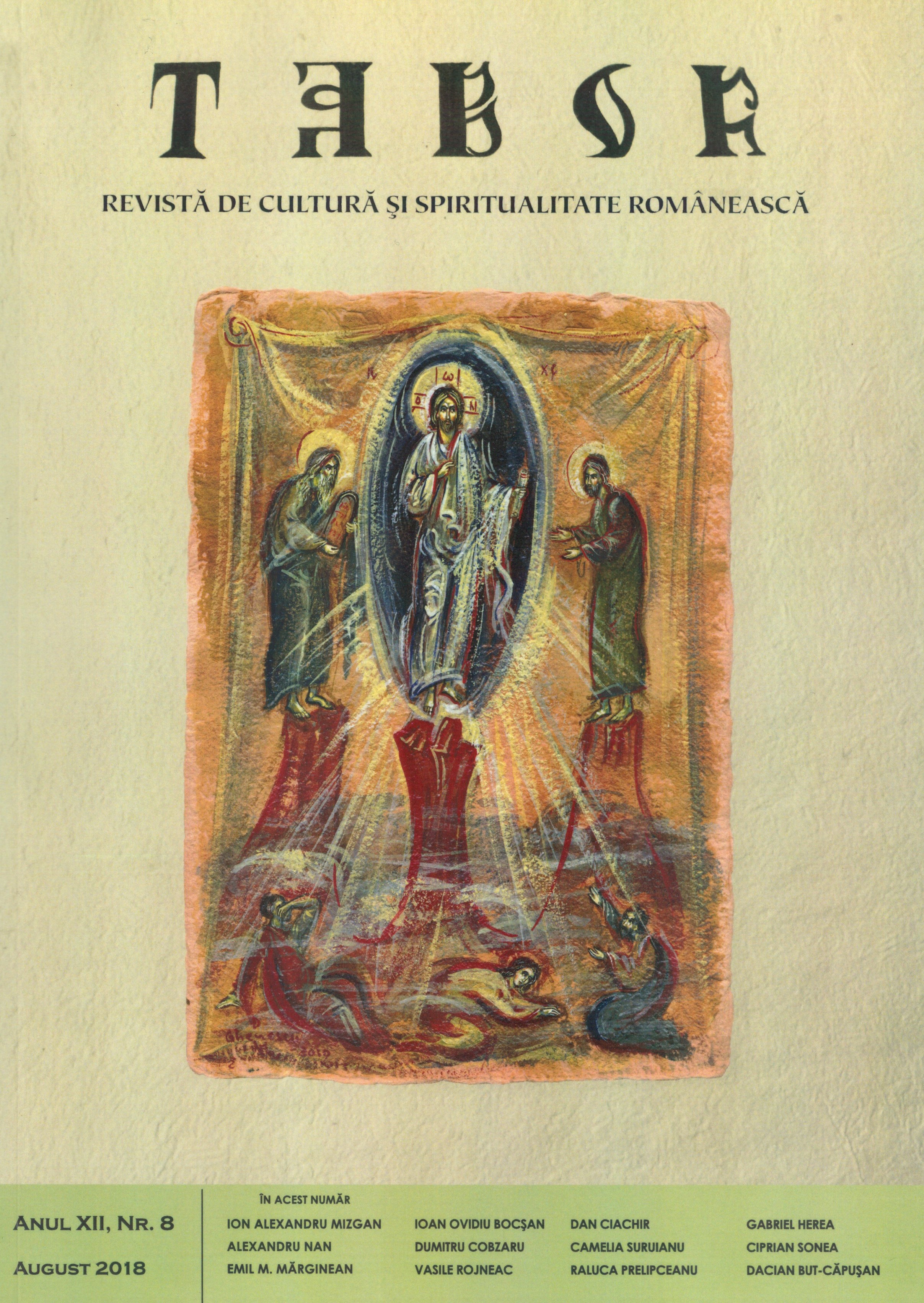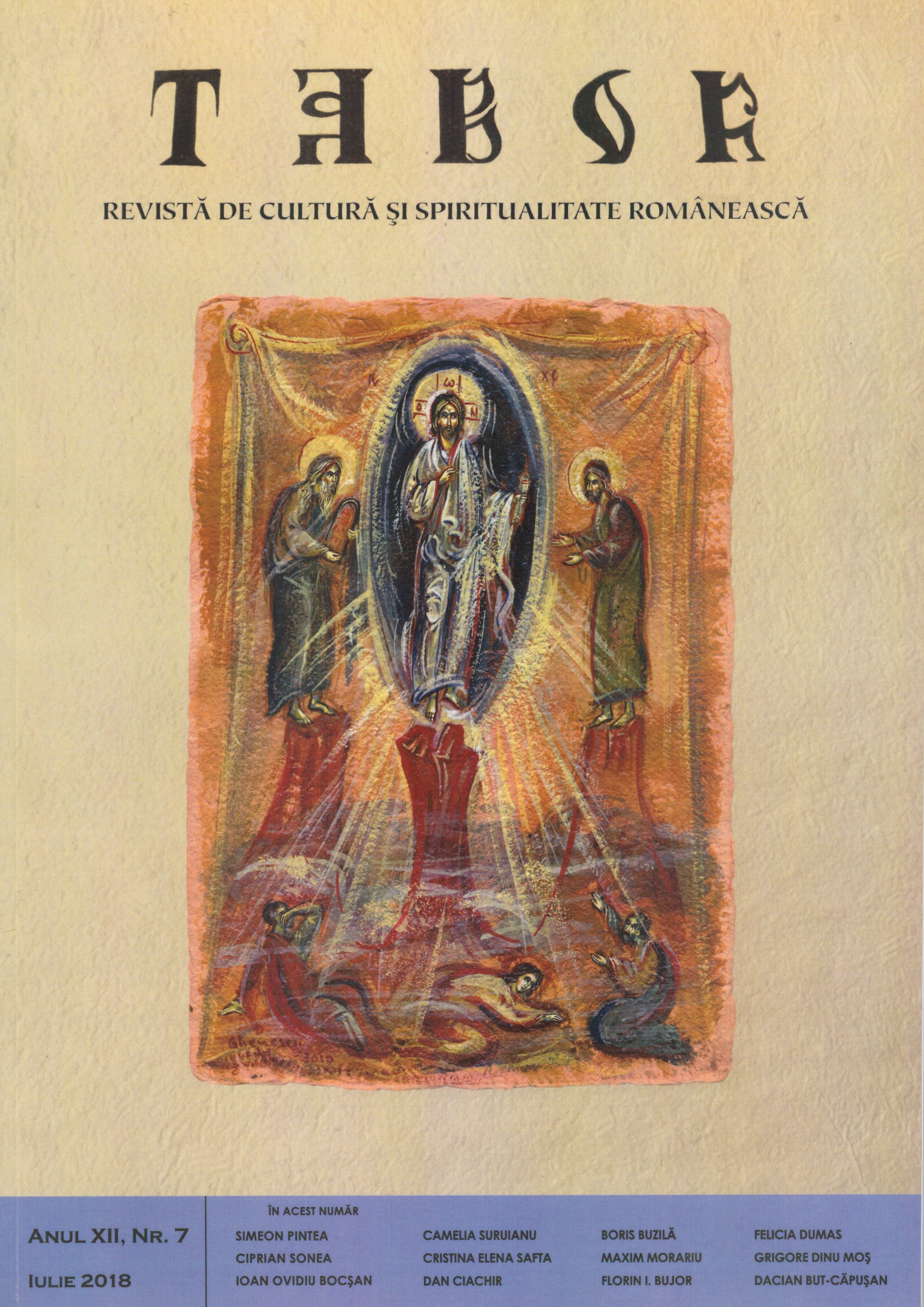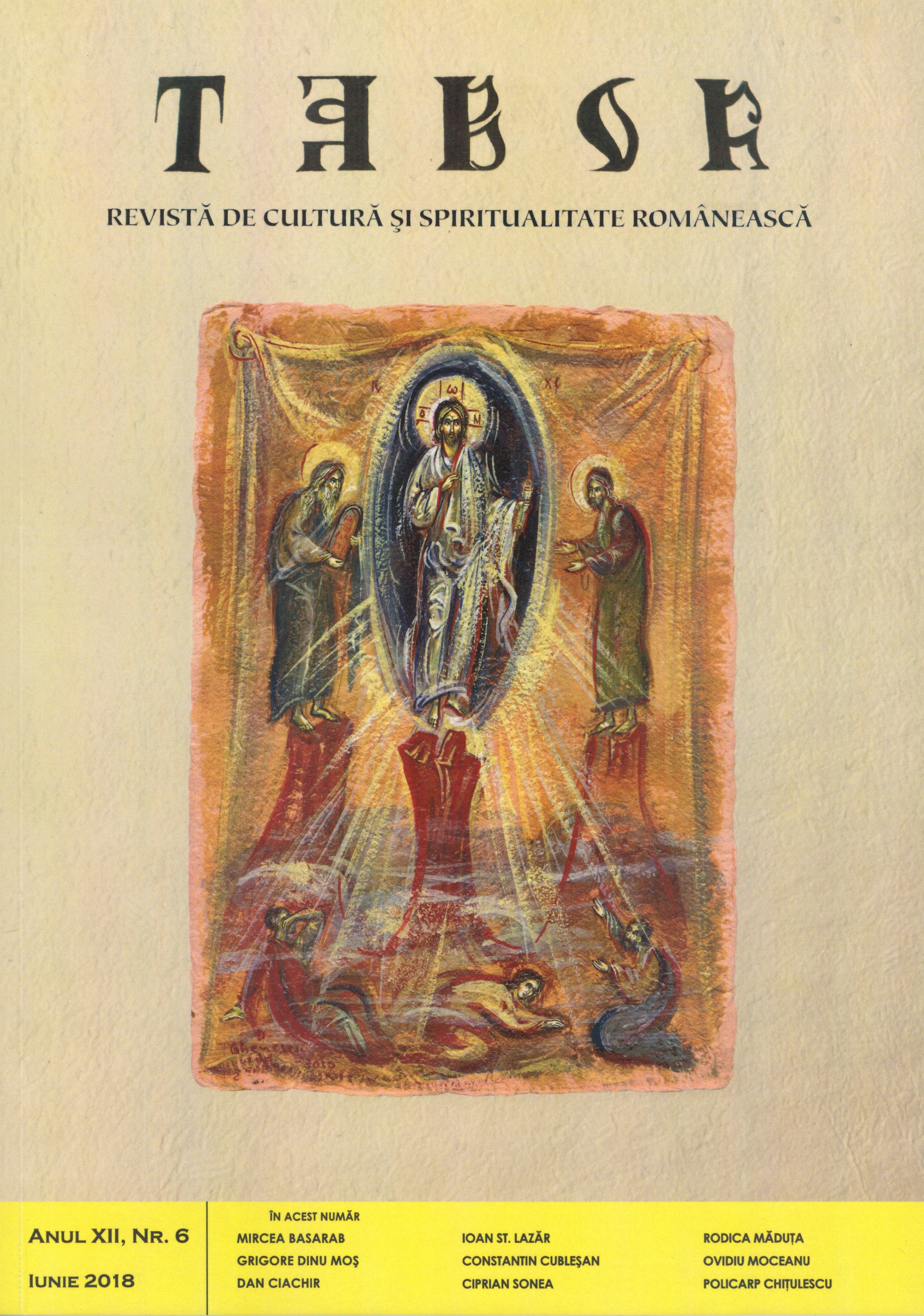Author(s): Dumitru Cobzaru / Language(s): Romanian
Issue: 08/2018
It’s a living testimony: being close to him in private moments or in times of service, we evoke the personality of Metropolitan Bartolomeu Anania from the point of view of a close friend and a disciple. In the first part, we’ll show how he used to prepare himself for the divine liturgy and how he conceived his homilies, like any word intended for the public. His wide knowledge in various fields, featured in his books or in his discussions with scientists, writers, philosophers he encountered in communist prisons, were a source of strong arguments, doubled by the one inspired by the audience. Because, we know, he had always known how to communicate with the audience. This communion built the homily, making it speak to everyone’s soul in its own language. Metropolitan Bartolomeu Anania always felt he had a duty towards his people and the church of his ancestors, as well as towards the youth, for which he always had a special thought. He had a huge sense of responsibility, carried in every word, every idea, every message. Nothing was left to chance, because everything had to go straight to the heart of his audience and do its work there. The second part is the Metropolitan’s portrait. One of his great qualities was to repress his feeling to favor those of others. He was a strong soul, who lived through many hardships which only strengthened his faith, his trust in culture and his sense of humor - three factors, according to his own words, without which one could not withstand the communist prisons. This unfailing faith that became certainty made his homily firm and convincing, like the words of the Apostles. At the same time, his faith had its roots in tradition: he was praying, fasting, confessing and observing the ritual. He was a fi ne connoisseur of theology, history, medicine and music. He did not disdain any knowledge: in the prison, alongside other scholars, he was at a good school: chemistry, astronomy, languages, poetry (he memorized the thousands of verses he “wrote” in his mind, ready to be published!). As for humor, it showed his optimism. He believed with conviction that every time that man is tested, God knows and offers him the solution. He had a special faith in prayer. His faith, his culture, his personality have certainly marked our times and left a precious legacy for us all, for our future.
More...
